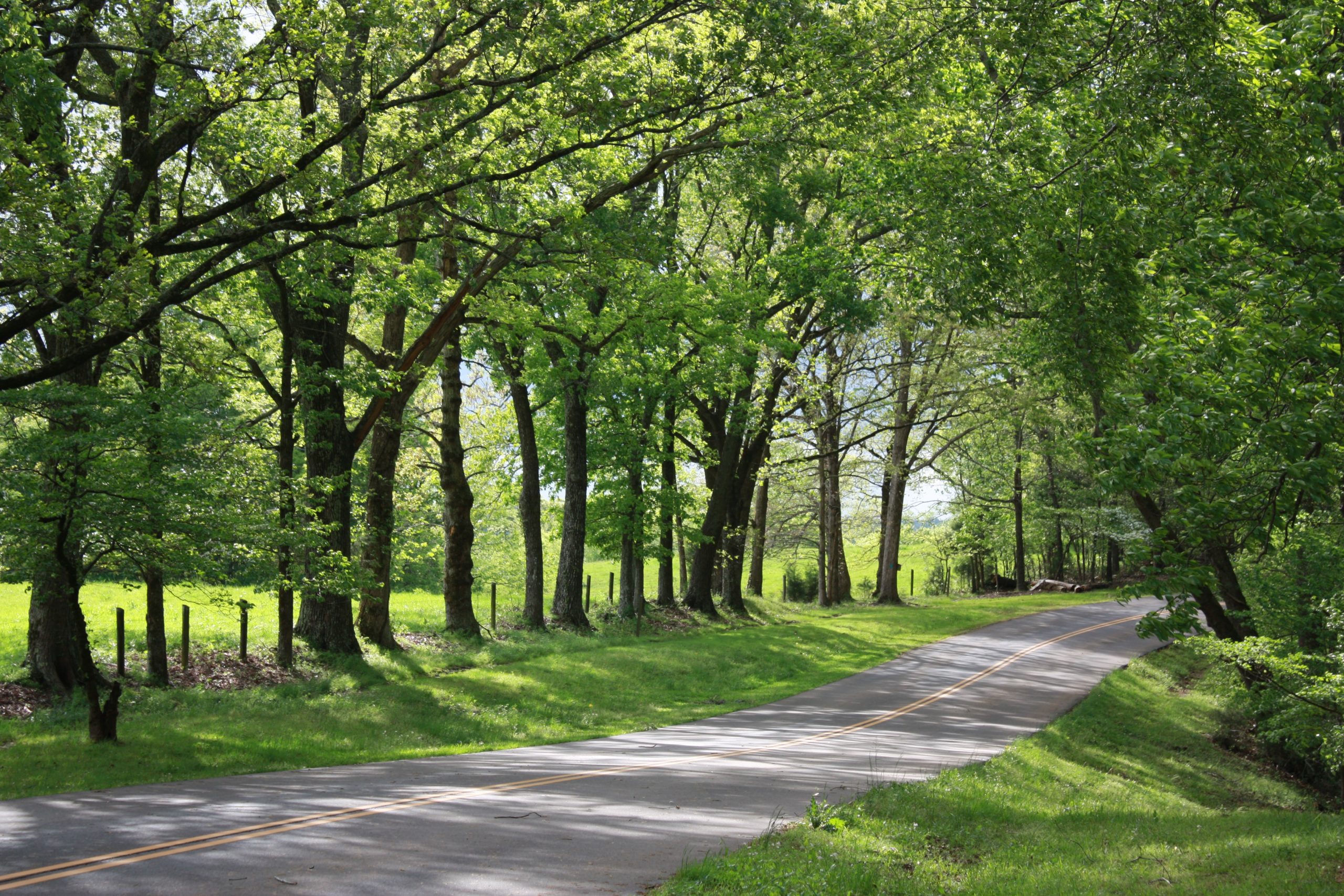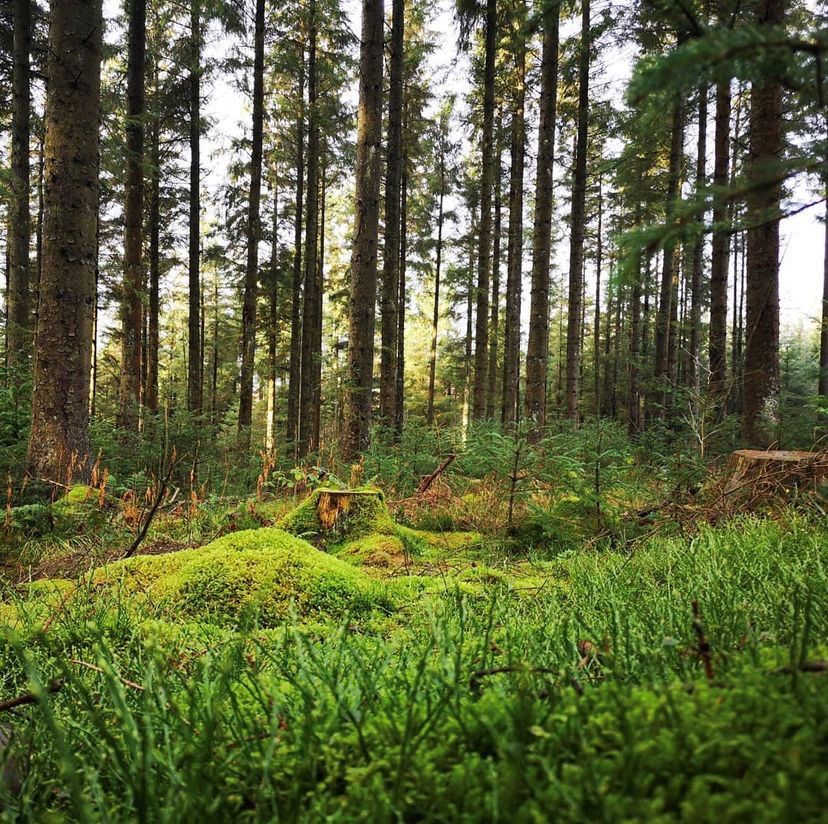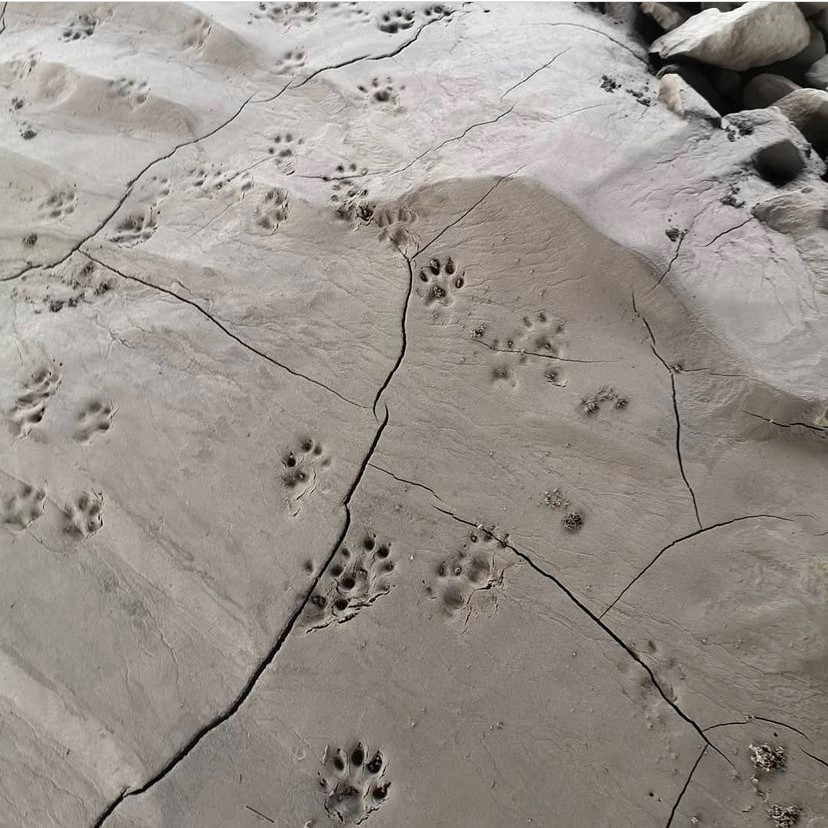So you want a career in ecology?
22 Oct 2021
“An understanding of the natural world is a source of not only a great curiosity but great fulfilment,” said Sir David Attenborough.
22 Oct 2021
“An understanding of the natural world is a source of not only a great curiosity but great fulfilment,” said Sir David Attenborough.
Every ecologist on the planet agrees: working with nature doesn’t feel like work at all. It’s exciting, inspiring and incredibly rewarding.
But how do you start a career in ecology? Do you need specific qualifications or work experience? And what’s it’s like being an ecologist?
Dale Mortiboys, a Senior Ecologist at Tyler Grange, answers these questions in detail.

“I thought I wanted to be a chemist. But then I started looking at what was available. Environmental science seemed to be much broader, and I’ve always been interested in nature, so I decided to study that at uni instead.
“I also volunteered at local nature reserves. After uni, I started working for a consultancy in Hampshire that delivered surveys and mitigation installations. I helped to install wildlife fences, build mitigation and enhancement habitats and assist with reptile surveys.
“That work experience opened my eyes to ecology as a career. So, when it was time to move on, I went freelance, focusing on mammalogy (study of mammals) and herpetology (study of snakes and frogs).
“I found freelance work through the connections I’d made in the past and by contacting local consultancies. During the summer, I did survey work in the UK. Then in winter I’d travel to India and work there.”
“Eventually, I realised I needed mentoring to keep progressing. So I sought out a role working with an experienced team of ecologists. I landed an Assistant Ecologist position at a small environmental consultancy in St Albans. My responsibilities were varied and the team provided the mentoring I needed to advance in my career.
“Then I worked on a large reptile translocation project in Essex. Reptiles have fascinated me since I was a kid, so I loved the opportunity to focus on them. I also passed on my knowledge to the survey team there.
“Through the contacts I had made on the reptile translocation project, I was lucky enough to be selected to take part in a research expedition to Borneo. It was as amazing as it sounds!
“I did a lot of frog, lizard and snake surveys and collected data for gibbon, small mammal, bird and invert species lists. Highlights included morning gibbon calls for an alarm clock, handling king cobras and seeing sun bears.
“Following that, I worked as an Ecologist for an environmental consultancy in Salisbury, managing multi-disciplinary teams and leading on surveys. I found the extra responsibility rewarding, and I developed a lot of new skills, especially around leadership and project management.

“After my role ended at the environmental consultancy in Salisbury, I travelled to New Zealand to do conservation work. It was a real privilege, spending that much time in one of the most beautiful and diverse places on the planet.
“I came back to the UK in 2017 and started working as a senior ecologist in Warrington. A couple of years later, I saw an advert for Tyler Grange and sensed something different about their approach. I have been here close to six months now and that hunch has paid off – TG will always take the opportunity to think outside the box and it’s exciting to be a part of that.”
“It depends whether I’m out in the field or at my desk. If I’m out doing survey work, I’ll get up early in the morning, have a coffee, make sure my kit is prepped, then head out to the site.
“These days I typically get involved in complicated badger works, bat, water vole and Phase 1 surveys as well as tree climbing. Plus any interesting species survey I can get involved in.”
“When I’m in the office, I might write a report or another technical document. Other days, I’ll have a to-do list. But within minutes it’ll get thrown out of the window because I need to react to new problems or give advice to the team on certain things.
“I guess the key takeaway here is that most days aren’t ‘typical’ when you’re working as an ecologist. Especially when you get more responsibility, your working days become very varied as you’re reacting to unpredictable situations and clients. It keeps you on your toes, but I like it that way.”

“One of the best privileges is that we get to explore unique (and often restricted) environments – sometimes you need special clearance to get into certain places. As a result, you see things not many people get to see, like abandoned manor houses, decommissioned mines and my favourite – quiet, inaccessible woodlands.
“And because you’re out and about at unusual times, you experience all kinds of wildlife. One of my favourite memories occurred during a bat survey near an abandoned barn. I was standing still, head torch off, looking towards the building. Then suddenly, something rustled in the bushes nearby.
“A moment later, two little badger cubs came out to sniff my boots. They were really inquisitive (too young to know any better). It was one of those once-in-a-lifetime experiences – I’ll never forget it.
“On another bat survey, there was a swarming roost (only occurs at certain times of the year) which is where certain species of bats get together for a huge breeding event. Around 300 bats were flying over my head, which was staggering. I’ve seen a lot of cool things in my career, but that will always be a UK highlight.”
“Buy some good boots! And read a lot. The more you read, the more you’ll understand what areas of ecology excite you. This can give you a lot of direction when honing your skills or looking for work. Then get out and see where you can volunteer. Theoretical knowledge and certificates count for little if your field skills haven’t been finessed.
“Also, improving your tracking skills early on is a great way to be better at surveying. These days, every time I go outside, I’m constantly looking for clues that tell me what animals have been in the area and what they’ve been up to.
“Over time, you become better at spotting tracks, which can be helpful for complex sites. It also turns every trip outside into a chance to read an interesting story laid out across the ground.
“Finally, get good at organisation. Managing projects and tight timelines becomes a huge factor as you progress in ecology. The work can be quite technical, and you need to be on top of things to ensure surveys go smoothly.”
Passionate about wildlife? Have great organisation skills? Don’t mind strange working hours and getting your boots muddy?
Then a career in ecology will suit you well.
The first step is putting yourself out there. We might be able to help with that. Check our careers page for current vacancies and send your application to us if you think you could be a great fit.
If you’re exactly what we’re looking for, we’ll be in touch to arrange an interview. Or we’ll organise a casual chat to explore what other options might be available to you. Good luck!